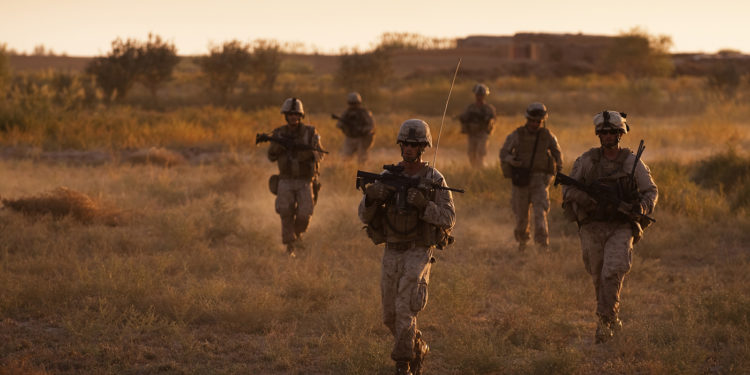By Susan Kendi
The United States government has publicly condemned the unanimous decision by the International Criminal Court authorising the opening of an investigation into the alleged crimes committed by in the Islamic Republic of Afghanistan.
In a four paragraph press release published on the United States website, the secretary of state Michael Pompeo termed the ICC as an “unaccountable political institution, masquerading as a legal body” and vowed to protect its citizens from the Court of last resort.
This is not the first time that the US has threatened and publicly attacked the court and its officials. On April 5, 2019 the United States government revoked Fatou Bensouda’s entry visa into the country. In 2017, the American national security adviser, John Bolton threatened ICC judges and prosecutors during his speech to the Federalist Society in Washington DC, stating that they would face individual criminal charges, arrests and economic sanctions if they dared charge any American armed forces member.
On March 5, 2020, the Appeals chamber of the International Criminal Court has unanimously authorised the opening of an investigation into the atrocities committed in Afghanistan.
The judgement comes three months after the Appeal chamber in a 4-1 oral decision, denied victims standing to appeal the Afghanistan decision stating that victims are not parties and have not right to trigger proceedings.
The Court has found that Pre-Trial Chamber II made a mistake while delivering decision on the prosecutor’s request by not considering whether the crimes were actually committed and the probability of a case arising from the investigation and that falls under ICC’s jurisdiction. As a result, the Appeal Chamber amended the Trial Chamber’s decision and allowed for investigation of the atrocities committed in Afghanistan.
The judges concluded that the agreements between the United States and Afghanistan are not a matter for consideration while assessing the authorisation of the investigation following the arguments presented during December hearing.
The five bench of judges consists of Judge Piotr Hofmański, Presiding Judge, Judge Howard Morrison, Judge Solomy Balungi Bossa, Judge Kimberly Prost and Judge Luz del Carmen Ibáñez Carranza.
Timelines
November 20, 2017-The prosecutor requests authorization from Pre-Trial Judges to commence investigation into the situation in Afghanistan.
April 12, 2019 -The pre-trial chamber II unanimously rejects the prosecutor’s request citing that “an investigation into the situation in Afghanistan at this stage would not serve the interests of justice.” The decision also added that “the time elapsed since the opening of the preliminary examination in 2006 and the political changing scene in Afghanistan since then, the lack of cooperation that the Prosecutor has received and which is likely to go scarcer should an investigation be authorized hampering the chances of successful investigation and prosecution, as well as the need for the Court to use its resources prioritizing activities that would have better chances to succeed.”
September 17, 2019– Pre-Trial Chamber II allows the prosecutor to appeal on the pre-trial chamber’s interpretation on the interest of justice, the understanding on the scope of investigations it may allow and the exercise of the Pre-Trial Chamber’s discretion.
December 2, 2019-The Government of Afghanistan filed written submissions
December 4 to 6, 2019 – ICC Appeals Chamber listens to oral arguments.
December 5, 2019– The Appeals chamber rule that Victims have no standing in the case.
December 6, 2019– The hearing is closed. Judges to make a ruling in due course.
March 5, 2020-The Appeals chamber judges amend the pre trial’s chamber decision and authorise the investigation in the situation in Afghanistan
March 5, 2020- The United States government responds attacking to the ICC Appeals chamber decision.
Links
United States Press release:
ICC Appeal Chamber’s decision:
Related articles:







